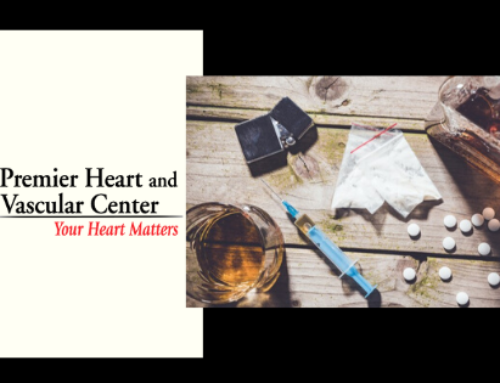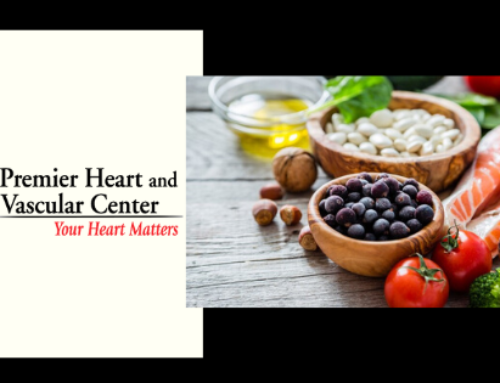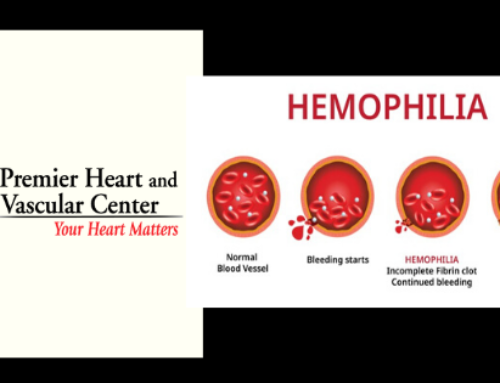Stress is an inevitable part of life, especially in today’s society that is in a constant quest for maximum productivity and instant results. Our fast-paced way of life leaves much to be desired when it comes to health. The human body can respond to stress in various ways, but none of them have a positive effect.
U.S. stress statistics reveal the scope of the problem: 77 percent of respondents to the survey of the American Physiological Association state that they regularly experience physical symptoms caused by stress. Furthermore, 33% consider their stress to be extreme, and it is the cause of sleepless nights for 48% percent of them. Let’s further explore the effect stress has on cardiovascular health:
Types of Stress
Response to stress will depend on the type of stress and the amount of adrenaline and cortisol that are produced in response. Types of stress include:
- Acute stress — a sudden release of adrenaline that triggers fight or flight mode in situations where the body has to prepare to defend itself
- Chronic stress — brought on by everyday worries and existential concerns that are often suppressed and ignored
- Eustress — stress caused by positive events such as weddings, the birth of a child, promotion, etc.
- Distress — stress caused by negative life events such as problems at work, financial difficulties, divorces, injuries, etc.
Acute stress will cause the most noticeable response because it is a reaction to a sudden situation that is life-threatening (or perceived that way). As opposed to that, chronic stress builds up over time and is always present, causing different symptoms.
The Effect of Stress on the Heart
Usual physical responses to stress include headaches, stomach pains, digestion problems, and back strain. In most cases where stress isn’t severe but chronic, it can lead to harmful stress management behaviors that increase the risk of cardiovascular disease.
Overeating can lead to becoming overweight or obese. Additionally, smoking and drinking are coping behaviors that can have a severe negative impact on the arteries, and lack of sleep puts strain on the body as well.
Managing Stress as a Way to Reduce Risk of Cardiovascular Disease
Managing stress by indulging in comfort foods with high-fat contents is not the optimal way to maintain your heart health long-term, even though it has the short-term benefit of triggering the release of endorphins and serotonin.
The same holds true for other habits that increase the risk of developing cardiovascular disease, such as smoking and excessive alcohol consumption. When learning to manage stress in a way that’s beneficial for cardiovascular health, it’s important to slow down every once in a while, nurture healthy eating habits and have enough exercise. Despite there not being a direct connection between chronic stress and heart disease, it can certainly have an indirect impact that is best avoided or reduced.
Your heart health matters to us at Premier Heart & Vascular Center. Our mission is to provide the best possible treatments for a wide range of cardiovascular diseases and conditions. If you have any concerns about your cardiovascular health, our highly-skilled team of heart physicians will take expert care of you.
Visit our website to find out more about preserving your cardiovascular health.







